
OR
Editorial
Calibrated approach needed to address shortfall in revenue collection
Published On: November 21, 2023 08:00 AM NPT By: Republica | @RepublicaNepal
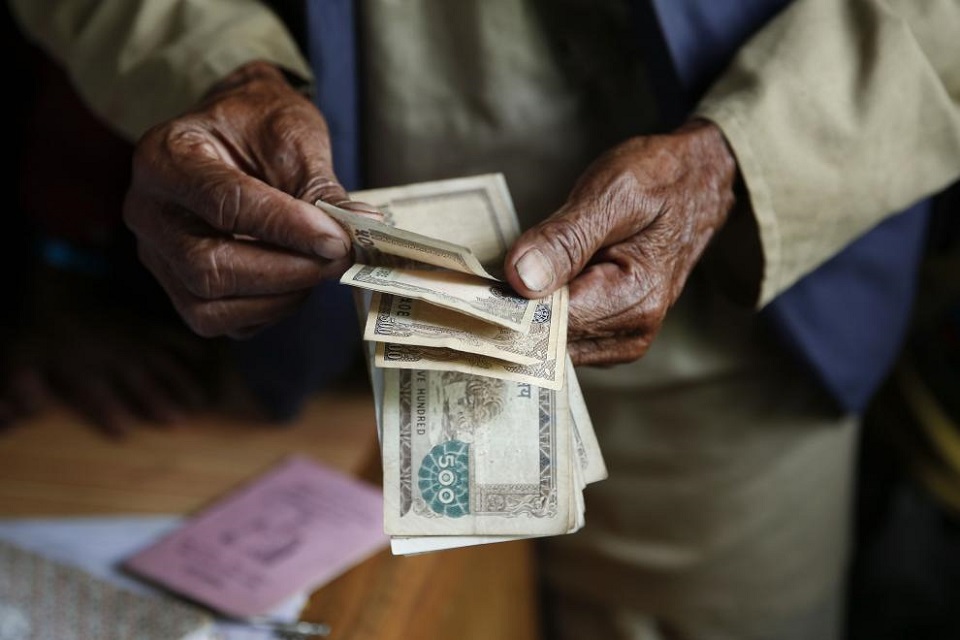
In the wake of recent revelations from the Department of Customs (DoC), the alarm bells for our economy are ringing louder than ever. The government's ambitious revenue target of Rs 52.24 billion from foreign trade during mid-October and mid-November fell painfully short, with only Rs 27.56 billion making its way into the coffers. This dismal 53.34 percent achievement is a stark reminder that our economic ship is navigating turbulent waters, and corrective measures are the need of the hour. The primary reason behind this fiscal setback is a double-edged sword – a dramatic plunge in imports and an alarming surge in smuggling through the porous Nepal-India border. The records indicate that the decline in customs revenue was precipitated by a substantial drop in imports of petroleum products. While festive seasons often witness a temporary dip in economic activities, the inaccuracy of setting targets during such periods compounded the problem. Moreover, the failure to stem the tide of illegal imports has further exacerbated the revenue shortfall.
In times like these, knee-jerk reactions, such as raising tax rates, might seem like the path of least resistance. However, history has shown us that this approach often proves counterproductive, dampening economic activity and exacerbating the very issues it seeks to address. Instead, the focus should be on expanding tax bases, a strategy that fosters a healthier economic ecosystem. A broadened tax base ensures that a larger proportion of economic activities contributes to government revenue, providing stability and resilience in times of economic flux. Moreover, reducing public expenditure emerges as another critical component in the battle against the burgeoning budget deficit. The government, in collaboration with relevant authorities, must reassess and streamline its spending priorities. Prudent fiscal management demands a judicious allocation of resources, ensuring that funds are directed towards areas that yield the maximum benefit for the economy and its citizens.
It is crucial to recognize that the recent dip in customs revenue is not an isolated incident but part of a broader trend. The DoC's failure to meet its target for the first four months of the fiscal year, collecting only 69 percent of the designated Rs 197 billion, signals deeper systemic issues. Swift corrective actions are imperative to avoid a snowball effect that could lead to more profound economic repercussions. On the brighter side, amidst the fiscal gloom, there are pockets of revenue success, such as the commendable collection of Rs 1.35 billion from land transactions last month. The Land Revenue Office in Lagankhel, Lalitpur, stands as a beacon, having contributed significantly to this positive development. As a newspaper, we believe that the government must adopt a multi-pronged strategy to address the revenue deficit. A calibrated approach that emphasizes expanding tax bases over raising tax rates, coupled with a meticulous reduction in public expenditure, is the need of the hour. The responsibility lies not only with the government but also with citizens and businesses to contribute collectively towards the economic resurgence. The ship can be steadied, but it requires a steady hand at the helm and a clear, strategic course of action.
Local administration in Kathmandu declares area between Maitighar Mandala and New Baneshwar a prohibited zone to conduct mass gatherings
KATHMANDU, Nov 20: The District Administration Office (DAO), Kathmandu, has declared the area between Maitighar Mandala and New Baneshwor a prohibited area, restricting the organization of any forms of mass-gatherings in the area for the next 30 days.
“Based on the recommendation of the District Security Committee, the DAO, Kathmandu has decided to issue an order with an effect from Monday till next 30 days,” said Chief District Officer (CDO) of Kathmandu Jitendra Basnet.
As per the order, the area encompassing Padmodaya School of Putalisadak, Southern entrance of Singadurbar, Supreme Court building, Maitighar Mandala, Babarmahal, Bijuli Bazaar and New Baneshwor cross road have been declared the restricted zone. According to the DAO, gatherings of more than five people to conduct protest related programs including rally, picketing, hunger-strike and mass gathering have been prohibited in the area for the given period.
The decision comes in the wake of possible clashes that could take place between the separate mass gatherings organized by the CPN-UML and a controversial medical entrepreneur Durga Prasai at the same location on Thursday.
CDO Basnet said the local administration cannot permit two forces to conduct their programs on the same date and same venue. “We have requested them to organize their programs at alternative venues,” he said.
You May Like This

Inland Revenue Department meets revenue collection target in Q1
KATHMANDU, Oct 27: The Inland Revenue Department has succeeded in meeting its target of revenue collection in the first quarter of... Read More...

Nepal imports smartphones worth Rs 13.6 billion in the first five months of current FY
KATHMANDU, Dec 26: Nepal has imported smartphones worth around Rs 13.6 billion in the first five months of the current... Read More...

Dharan Sub-metropolis faces challenge to meet revenue target
DHARAN, June 21: Dharan Sub-metropolitan City of Sunsari district could not meet its revenue mobilization target of the current fiscal year. As... Read More...

Just In
- Gandaki Province reports cases of forest fire at 467 locations
- Home ministry introduces online pass system to enter Singha Durbar
- MoLESS launches ‘Shramadhan Call Center’ to promptly address labor and employment issues
- Biratnagar High Court orders Krishna Das Giri to appear before court within one month in disciple rape case
- Ilam by-election update: UML candidate Suhang maintains lead
- Korean embassy and NTB jointly commemorate 50th anniversary of Korea-Nepal diplomatic relations
- SC administration files contempt of court case against SidhaKura
- Second day of Nepal Investment Summit to feature diverse discussions



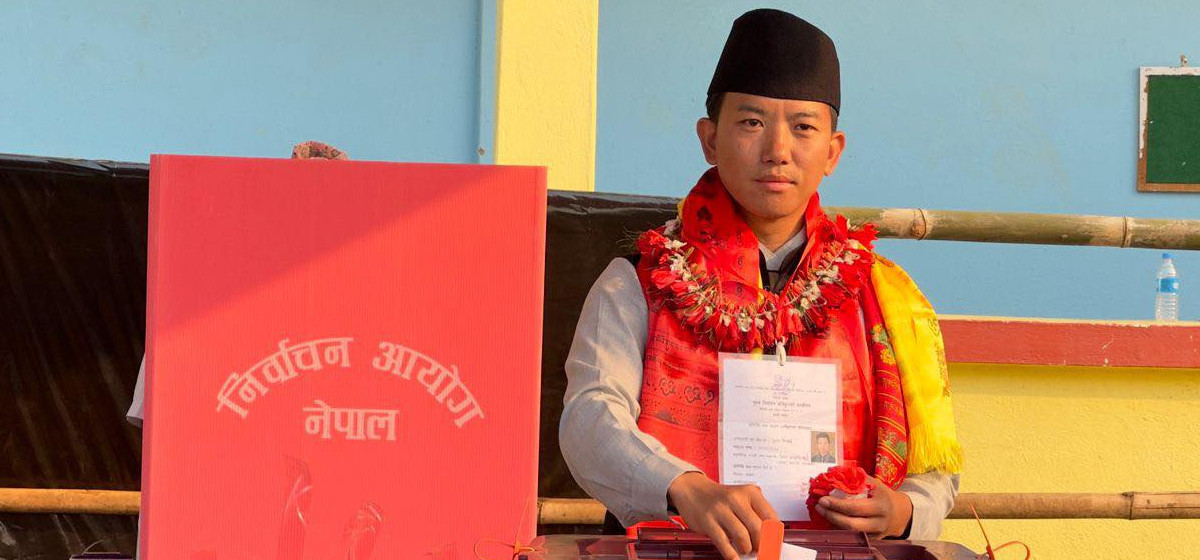

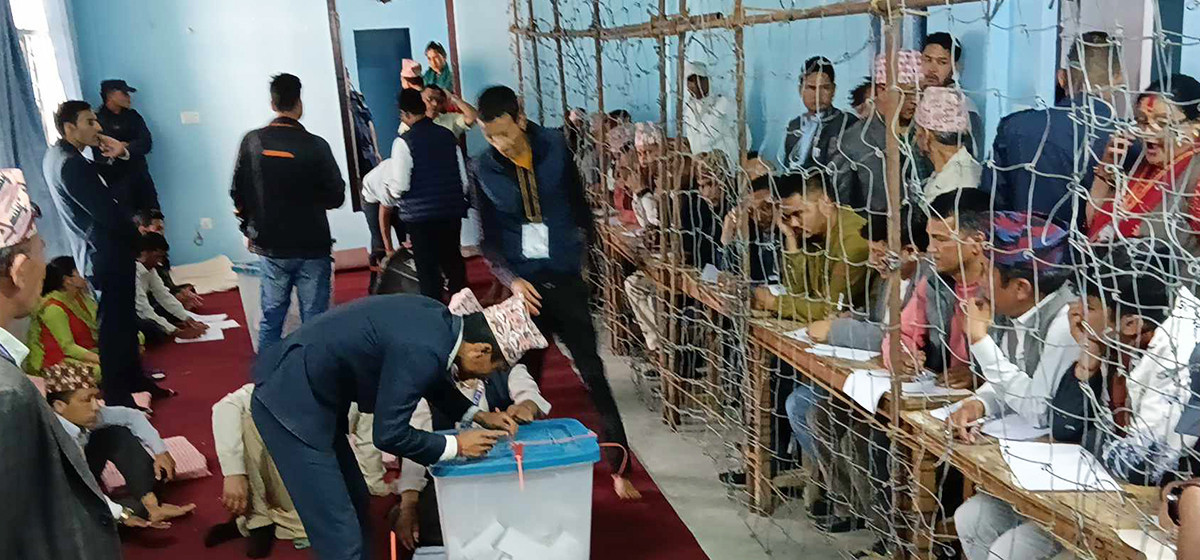



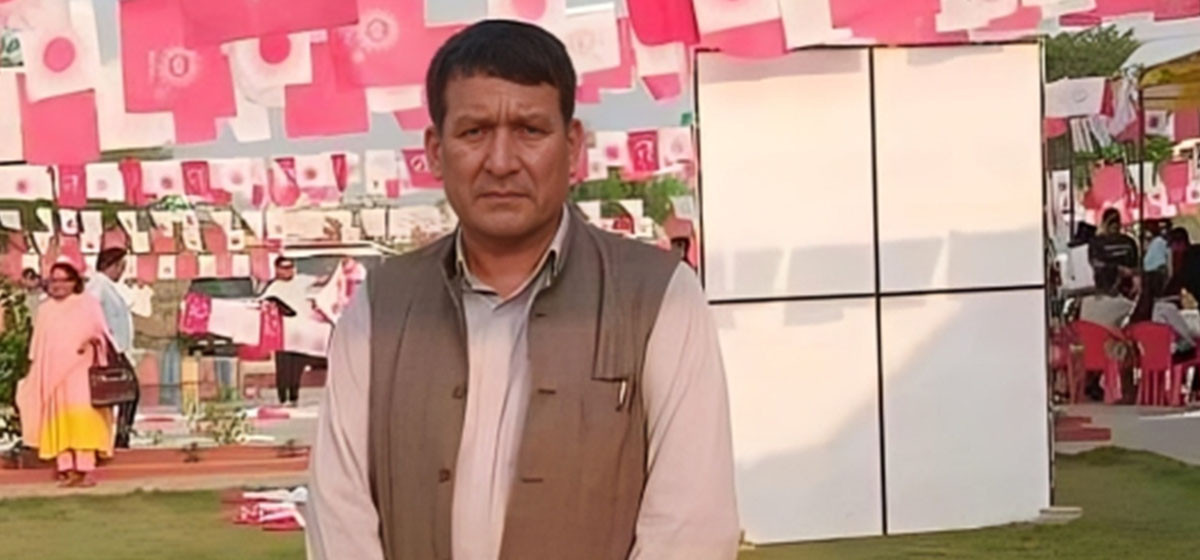
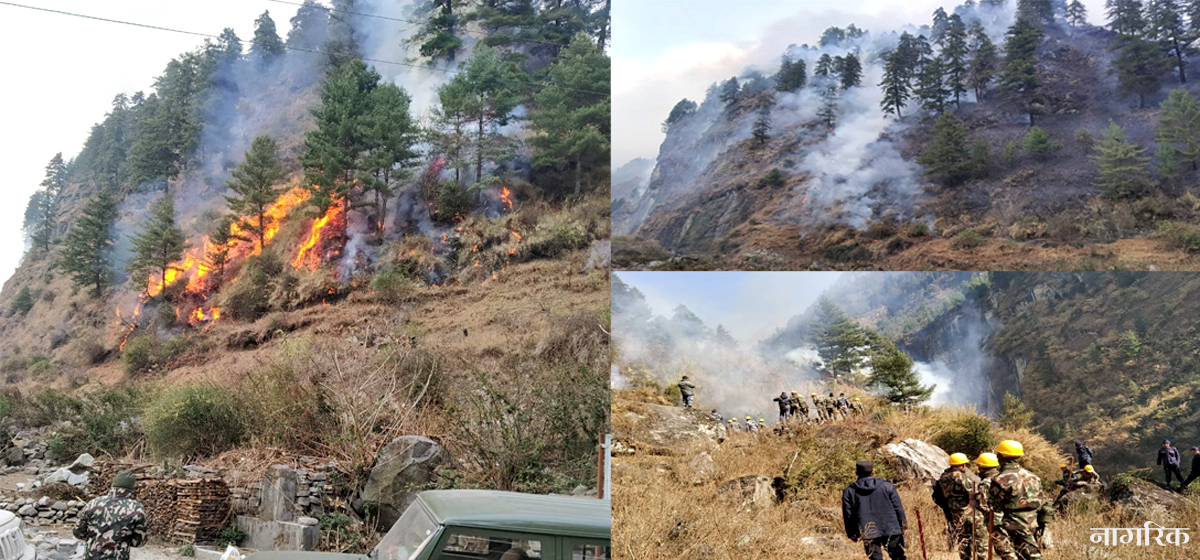
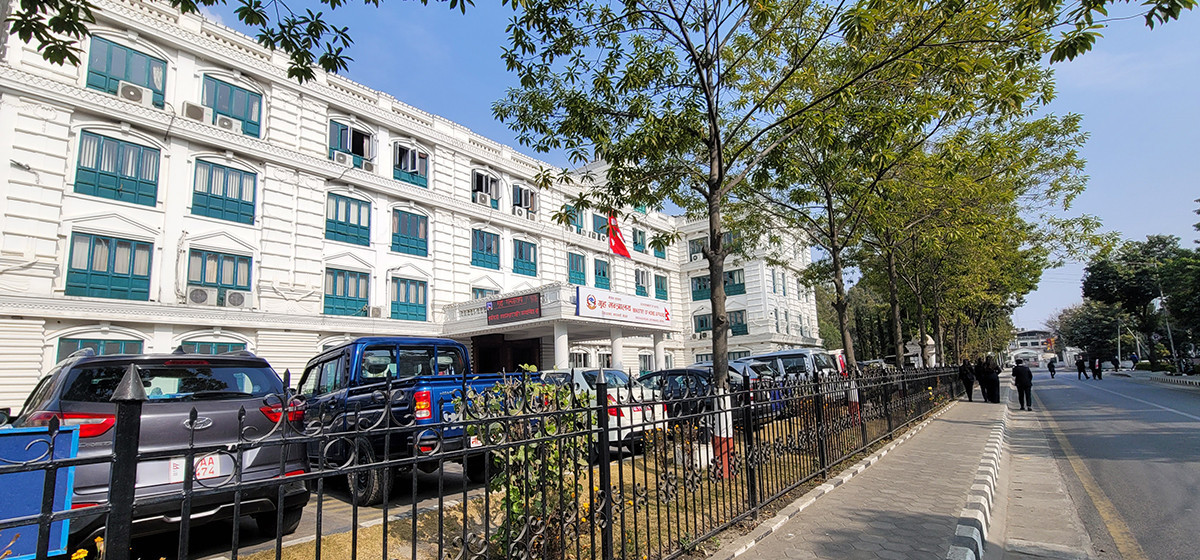
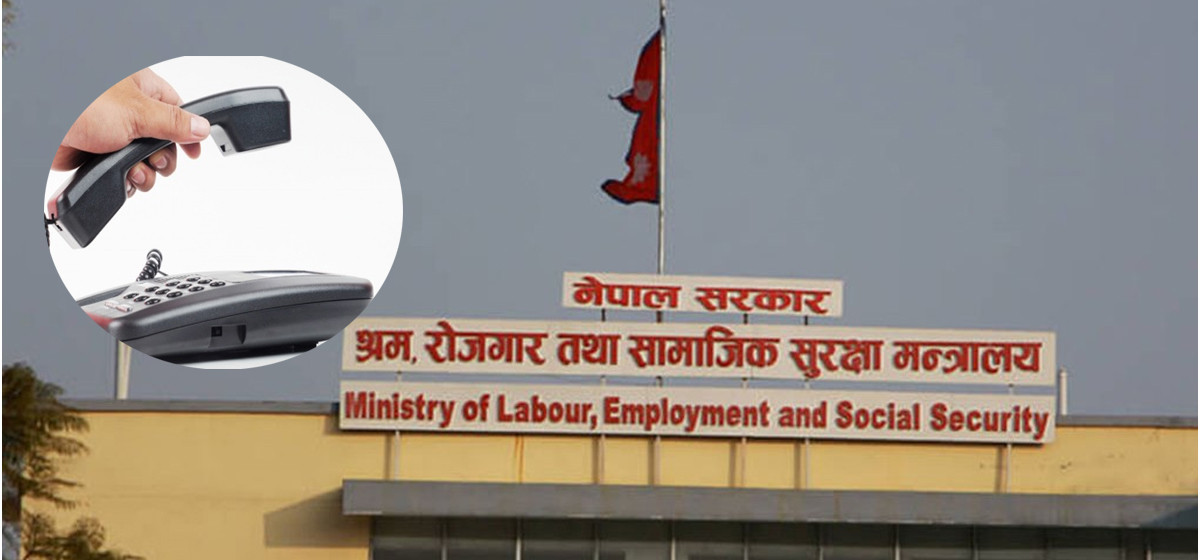


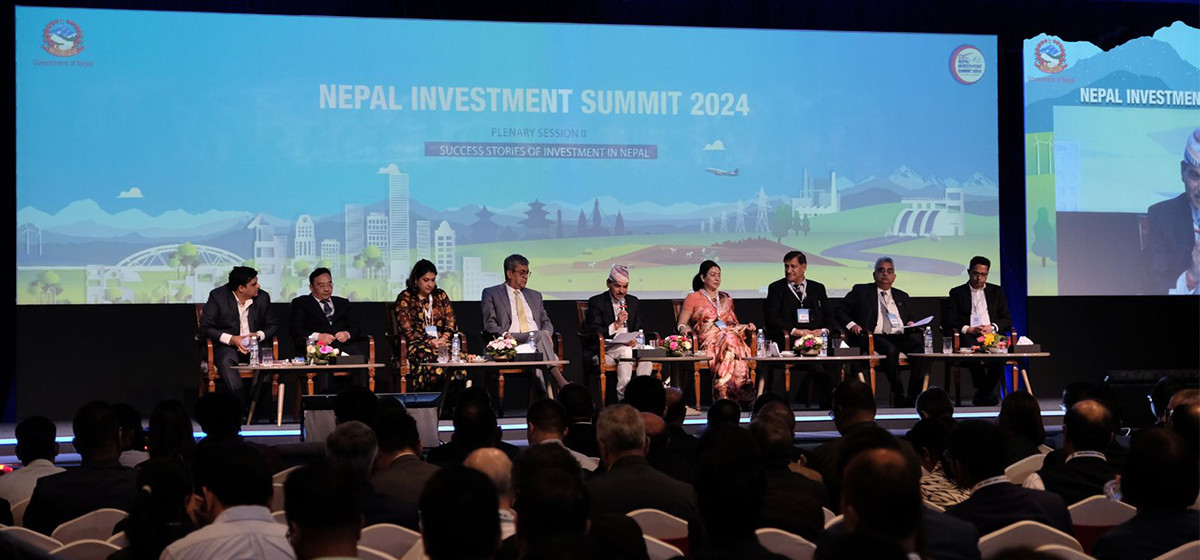
Leave A Comment